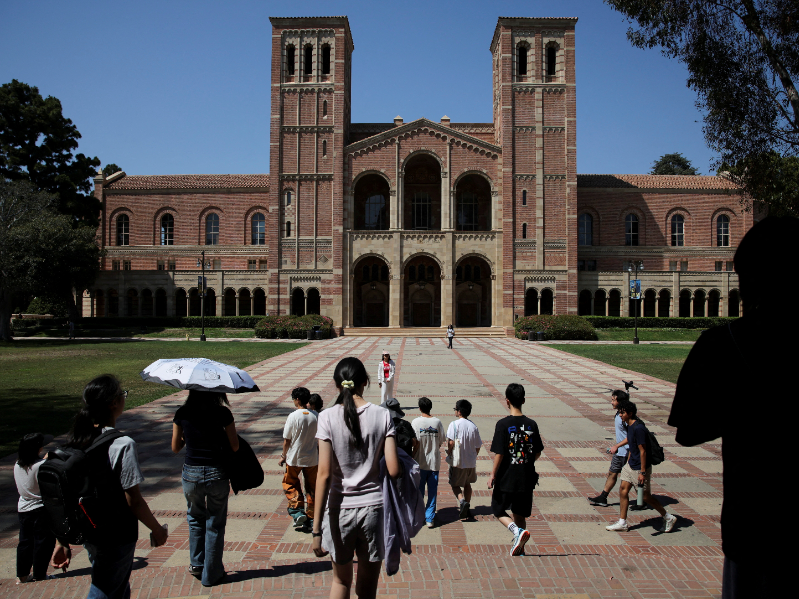Columbia researcher Viraj Pandya honored for galaxy evolution discoveries
An Indian-origin scientist, Pandya's work has reshaped understanding of how galaxies formed and challenged longstanding theories of the early universe.
 Viraj Pandya / Github website
Viraj Pandya / Github website
Viraj Pandya, an Indian-origin postdoctoral research scientist at the Columbia Astrophysics Laboratory, has been named a finalist for the 2025 Blavatnik Regional Awards for Young Scientists. The awards, announced on Sept. 16 by Columbia University, recognize outstanding postdoctoral researchers from institutions across New York, New Jersey, and Connecticut.
Pandya, currently a NASA Hubble Postdoctoral Fellow at Columbia University, was recognized for his discoveries on early galaxy evolution. His work has reshaped understanding of how galaxies formed and challenged longstanding theories of the early universe. “I use a combination of analytic theory, numerical experiments in the form of simulations, and observations with both ground- and space-based telescopes to understand the connection between star formation, black hole formation, galaxy formation and large-scale structure formation,” he explains on his Github site.
ALSO READ: IEEE recognizes Sundeep Rangan for 5G breakthrough
His academic path was unconventional. Pandya initially pursued economics and mathematics at Rutgers University, graduating in 2013. It was only near the end of his undergraduate degree that he decided to pursue astronomy. He went on to complete a PhD in Astronomy and Astrophysics at the University of California, Santa Cruz, between 2016 and 2021, supported by an NSF Graduate Research Fellowship. Before joining Columbia, he was also a summer research associate at the Flatiron Institute and a post-baccalaureate student in Princeton University’s Department of Astrophysical Sciences.
Alongside Pandya, Columbia University colleagues Yunjia Lai and Professor Samuel H. Sternberg were also recognized by the Blavatnik Awards. Lai, a postdoctoral research scientist in environmental health sciences, was named a finalist for her work on mass spectrometry innovations to study environmental exposures and biological changes linked to neurodegenerative disorders such as Parkinson’s disease and Alzheimer’s disease.
Sternberg, an associate professor of biochemistry and molecular biophysics, was named a finalist for the Blavatnik National Awards for Young Scientists in the life sciences category. He was recognized for his research on programmable, RNA-guided enzymes and their applications in genome editing, gene regulation, and synthetic biology.
This year, 18 National Award finalists were selected from 310 nominees across 161 academic and research institutions in 42 U.S. states. An independent jury of expert scientists conducted the selection process. The Blavatnik National Awards laureates will be announced on Oct. 7 at the American Museum of Natural History.



 Pranavi Sharma
Pranavi Sharma













.jpg)

Comments
Start the conversation
Become a member of New India Abroad to start commenting.
Sign Up Now
Already have an account? Login